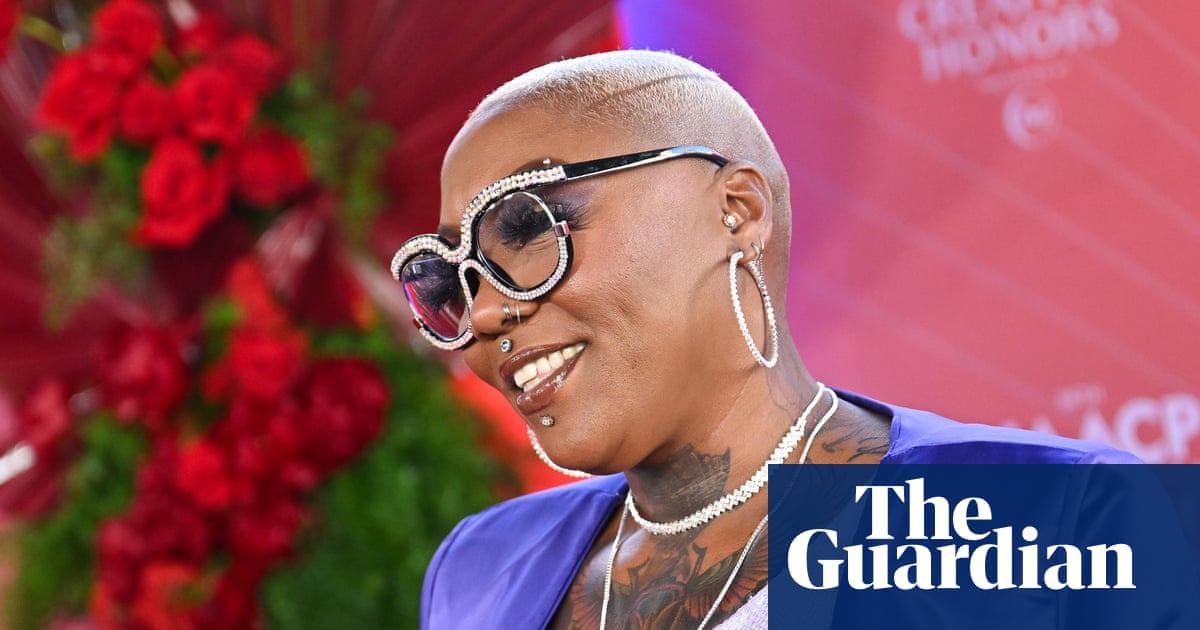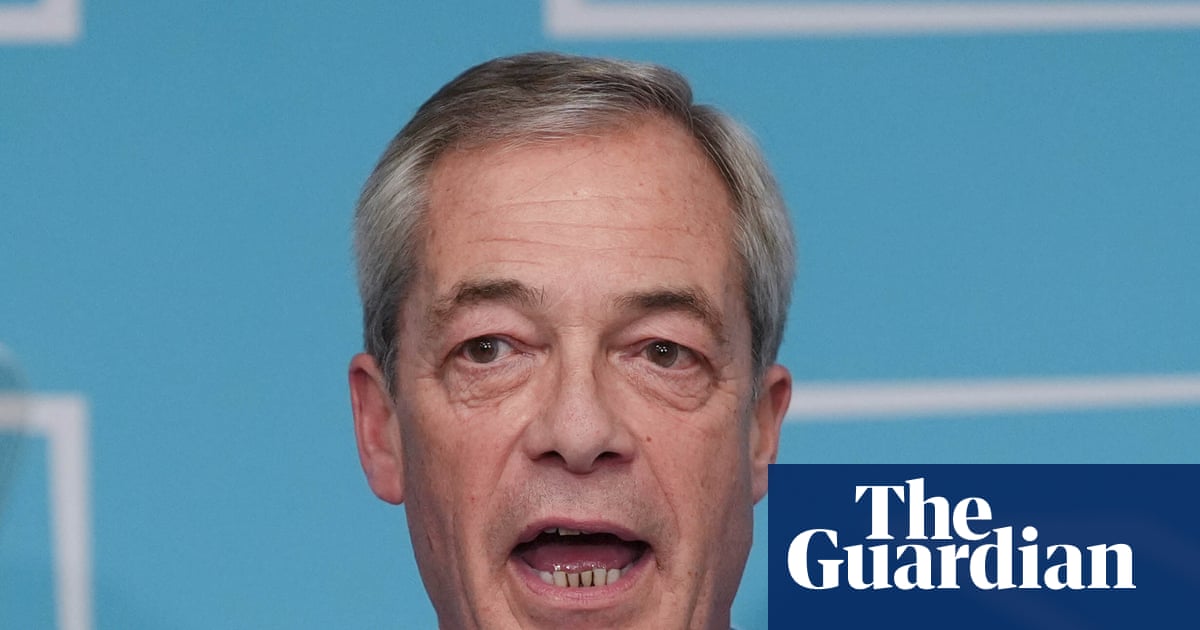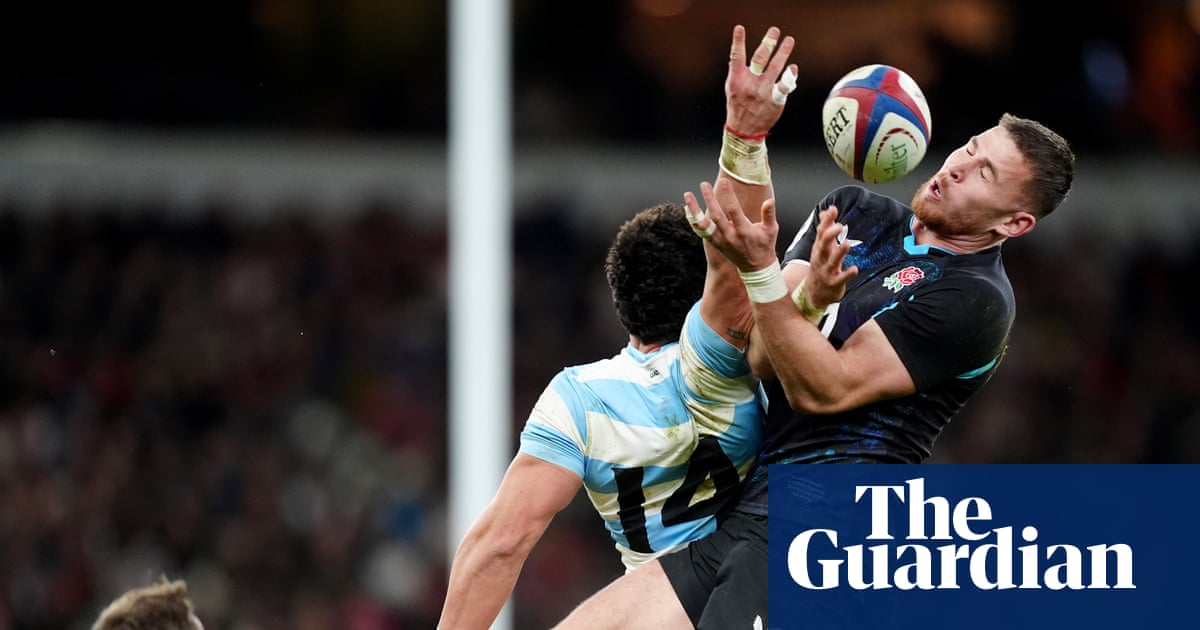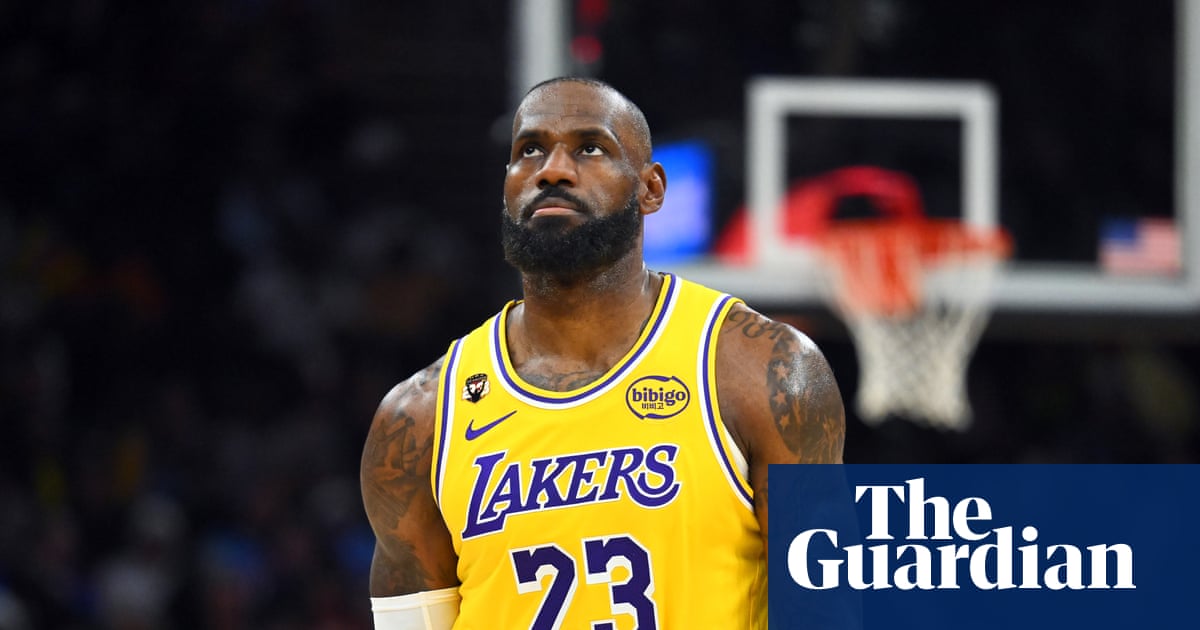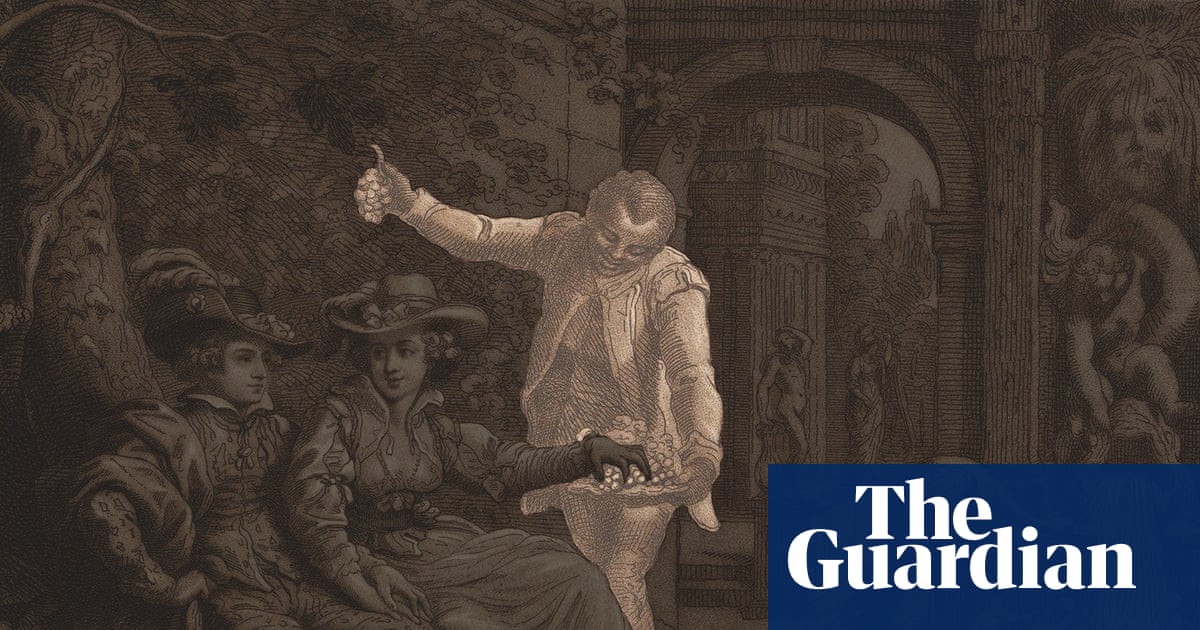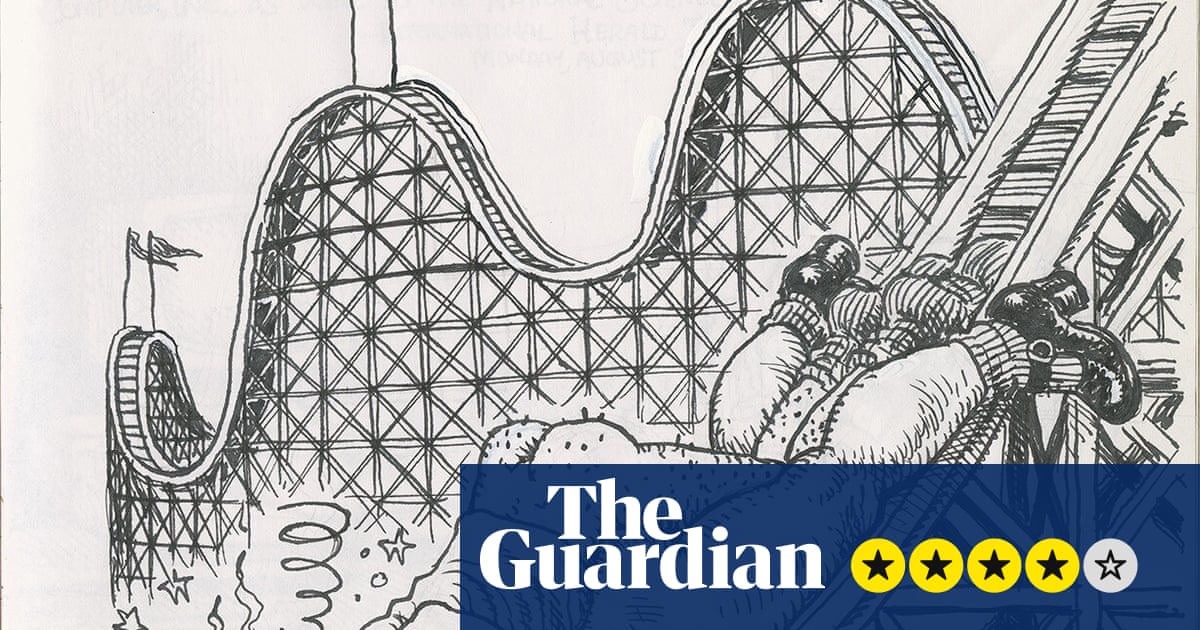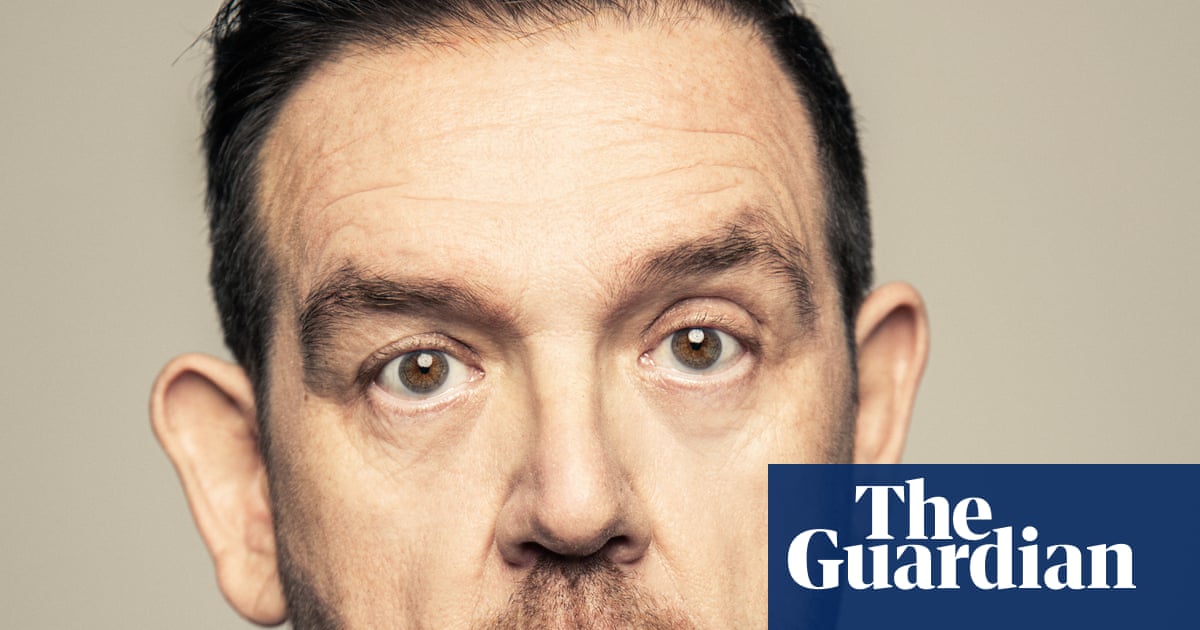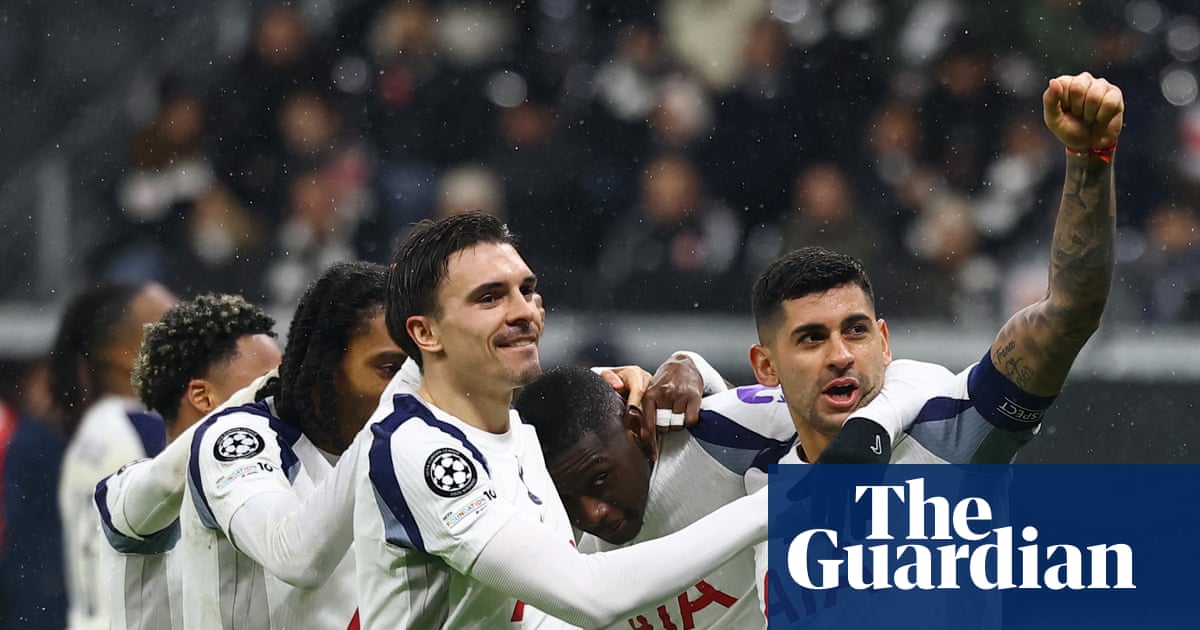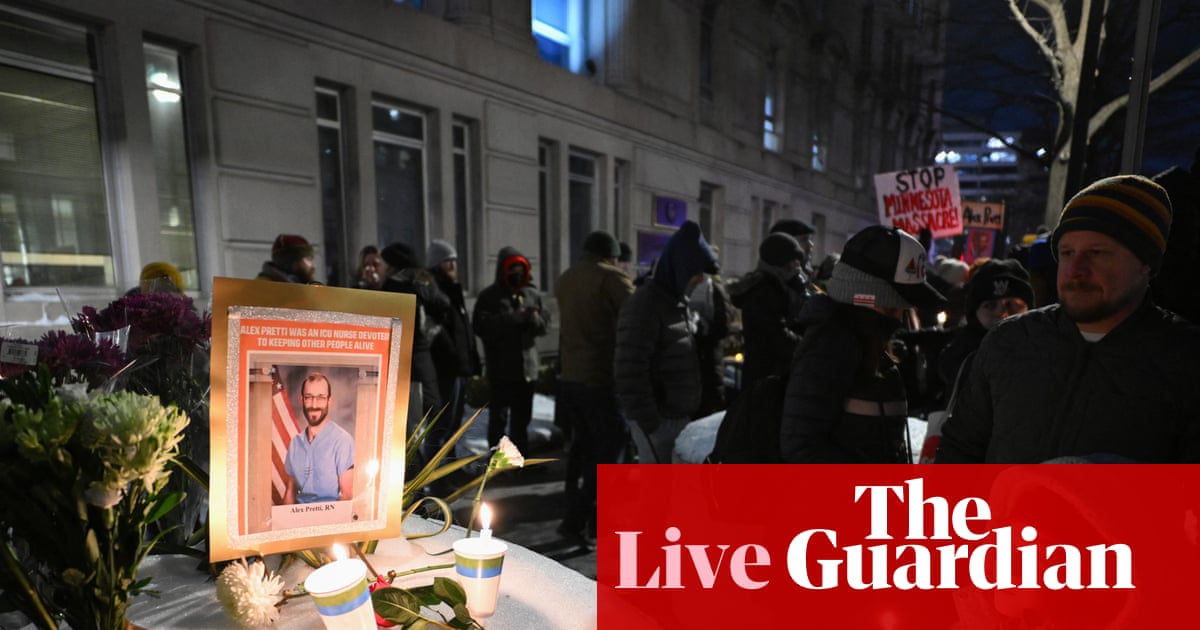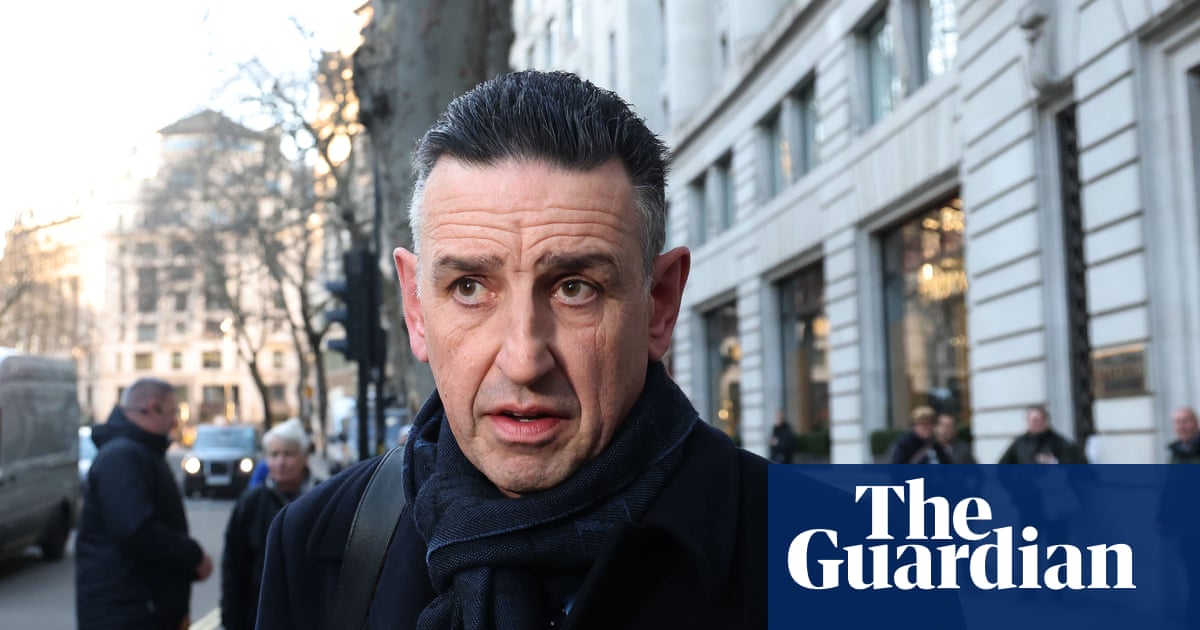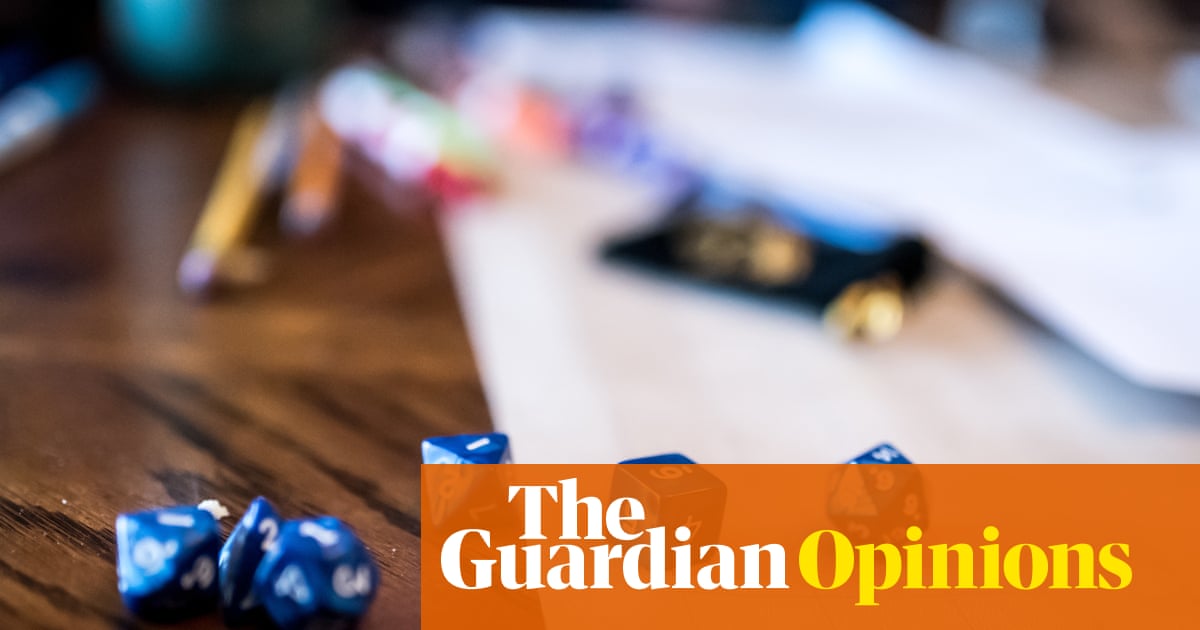I would like to have some words with ESPN broadcaster Chris Fowler about what he said after Novak Djokovic beat Taylor Fritz, for the 11th straight time, in the US Open quarter-finals. Look – Fritz is American, Fowler is American – and sports often lend themselves to nationalism. A little bit of disappointment was appropriate. Instead, Fowler invoked the continued drought of American men at the majors: none of them had lifted a trophy since Andy Roddick in 2003, and Fritz had been the last one standing in the tournament.
We all love a narrative, myself included. But come on. Even if Fritz had beaten Djokovic for the first time, force of nature Carlos Alcaraz was waiting in the next round, who Fritz has yet to beat in an official match. And if he’d somehow survived that, it would have been defending champion Jannik Sinner in the final, against whom Fritz had lost 10 of the last 11 sets. Alcaraz and Sinner had also split the last seven major titles (and Alcaraz went on to thrash a fatigued Djokovic in the next round). Fritz said in press after the loss that he actually liked his draw, because it presented the opportunity to beat the three best players in the world in succession. Fritz is more than within his right to aspire to the accomplishment; an athlete is meant to believe in themselves. But going into that Djokovic quarter-final who else in their right mind had the drought of American champions on the brain?
Fritz, 28, is ranked fourth in the world entering this week’s ATP World Tour Finals and has won his last six matches over No 3 Alexander Zverev with increasing ease. Presumably he could take that spot for himself in the future. But it’s clear that right now, that’s as far as he can rise: Sinner and Alcaraz lie a chasm of ranking points away. Fritz’s elite serve and concussive power on both forehand and backhand are more than enough to dispose of most opponents on the ATP tour. Against the select few generational talents, though, Fritz is often helpless. The last several years has seen the curious rise of tall, gangly players who can nonetheless cover the court with the alarming speed and fluidity of much shorter men. Fritz is 6ft 5ins and looks it. His movement is stiff, as if he’s still getting used to his legs. So he’ll rarely steal a point that the other player was dictating, and hitting a drop shot against him is usually a safe bet. That serves as a pretty harsh limitation on his potential.
Fritz has made a number of dramatic, improbable improvements over the years. At the beginning of the decade, he was circling the bottom of the top 30. Two years later, he was sniffing the top 10. Last year, he suddenly exploded up to No 4 – and held the spot. But the next leap, mixing it up with and beating all-time-greats like Alcaraz, Sinner, and even a declining Djokovic, is the highest of all. What was Fowler thinking? That Fritz, in 2025, was a serious threat to beat them all back-to-back? That it was worth commenting on the ongoing drought of American men lifting major titles when Fritz had departed the US Open in the quarter-finals? The thirst is simply too much and the respect for the magnitude of the task too little.
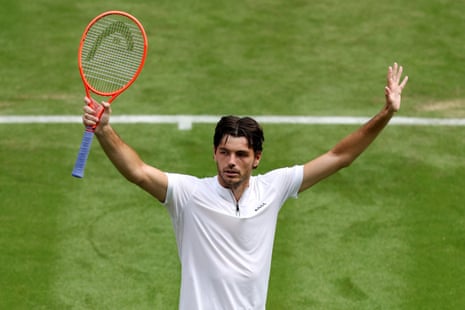
Fritz’s play in that very quarter-final should have been enough of an indication. Djokovic won in four sets, a victory that only felt tenuous for moments towards the very end, when Fritz had survived a couple match points and had a chance to hold for 5-5. The pair looked evenly matched during the rallies, with Fritz earning plenty of opportunities to break. But Djokovic saved break point after break point, prolonging the streak to the point of agony. When Fritz finally did claim one of the opportunities at 5-5 in the second set, he immediately played a horrendous game to drop serve again; Djokovic had lulled him into a skirmish peripheral to the real battle and forced him to use far too much energy to win it. Down match points in the final game, Fritz’s first serve floated to heaven. He prolonged the match twice on his second serve, but finally double-faulted. It wasn’t a choke, I didn’t think, just a result of having to hit too many second serves.
The match was fairly ironclad evidence that Fritz is not good enough to beat any version of Djokovic, who lost to Alcaraz in the next round and never particularly appeared like he thought he could win. This is perfectly fine – Djokovic is the best player ever, and may not be at the height of his physical powers anymore, but has developed enough experience and tactical know-how to compensate for quite a bit of the decline. The problem is those who were expecting Fritz to win, and putting pressure on him to do so, when he was yet to do anything that suggested he would.
Fritz is an asset to the tour nonetheless. He’s a patient, thoughtful voice in press conferences, more so than virtually anyone on the ATP aside from Daniil Medvedev, willing to not only say how he feels or the tactic he felt decided a match, but explain it. That he should bear the brunt of the blame for America failing to spawn a male major champion since Andy Roddick feels unfair. (Now that Ben Shelton is rubbing shoulders with him in the rankings, perhaps they can share that burden.)
ATP Finals: singles groups
ShowJimmy Connors Group
Carlos Alcaraz (Sp)
Taylor Fritz (US)
Alex de Minaur (Aus)
Lorenzo Musetti (It)
Bjorn Borg Group
Jannik Sinner (It)
Alexander Zverev (Ger)
Ben Shelton (US)
Félix Auger-Aliassime (Can)
“I’d probably think about it forever if I don’t do it,” Fritz told Donald McRae in June of winning a major. I hope he realizes that he’s not a failure if he doesn’t fulfill that goal, that breaking through Alcaraz and Sinner’s young, terrifying empire is in fact extremely improbable for everybody else. Fritz has never been in a position where he should have won a major and didn’t – he lost the lone major final he’s made so far in straight sets to Sinner, and his sem-ifinal berth at Wimbledon this year, his best run besides, ended against Alcaraz in a very tight four sets (with Sinner waiting in the final again). There’s no ghastly choke like Guillermo Coria’s implosion against Gaston Gaudio in the 2004 Roland-Garros final on Fritz’s conscience, no major tournament where he looked like the best player only to drastically underperform.
Fritz’s extremely high standards for himself probably account for most of that feeling he expressed to McRae, but I suspect some of it also comes from the stifling, inescapable pressure to be America’s next golden tennis boy. Winning a major is a rare thing, and even rarer in this age of hyper-talented players. Any pressure for Fritz to do so should come entirely from within.

 2 months ago
50
2 months ago
50
